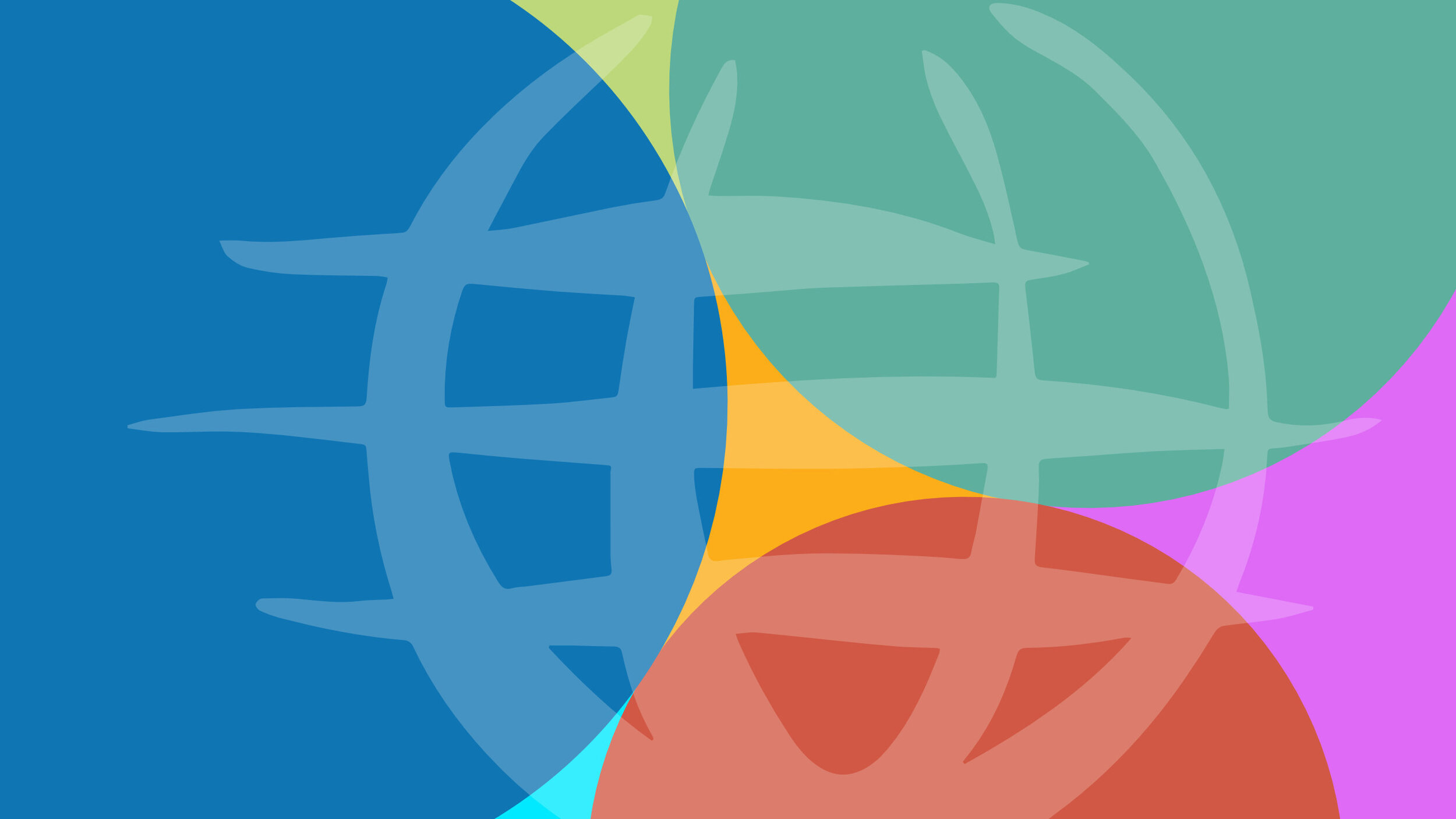
Theo Ogbhemhe, winner of the inaugural Saroj Lal Award
#GlobalCitizenshipScot
“Thanks to Aberdeen for A Fairer World for fuelling the flames that got me the Saroj Lal Award!”
Theo Ogbhemhe, Religious, Moral and Philosophical Studies teacher at Kirkwall Grammar School
Inspiring Orkney teacher Theo Ogbhemhe has become the first winner of a prestigious award for his work in challenging discrimination & promoting equality & diversity. Here Theo, who teaches Religious, Moral and Philosophical Studies teacher at Kirkwall Grammar School, shares how Global Citizenship Education and his relationship with Aberdeen for a Fairer World - one of Scotland’s five Development Education Centres - has positively shaped his practice:
Working with ‘Aberdeen for a Fairer World’ and the positives it has brought:
The journey with Aberdeen for a Fairer World started around the 17th or 18th December 2019, when I was seeking what to consider when picking partners for the Connecting Classrooms for Global Learning Programme cluster I was planning. Their invaluable recommendations made it possible for me to pick schools with ISA’s already from participating in the programme. In January 2020, we were also introduced to our local advisor, Gill Mackenzie, from Aberdeen for A Fairer World, who was going to provide the 3 hours and 3 days of support that we were entitled to via the CCGL programme. Gill from AFW helped us with the various ways to introduce and teach the Sustainable Development Goals, what to consider when deciding on projects, CPD planning and help to complete the funding application form.
On Wednesday 4th March 2020, our local advisors from AFW led by Gill Mackenzie stormed Orkney for the ‘All aboard the Fairtrade Ferry: Sailing To Sustainability’ event. This was timely as it gave the opportunity to take a couple of my second year students learning about Fairtrade to the event. It was a well-planned event that use exciting games to teach the need for making sure that those who produce what we eat get what they deserve. Later that evening, AFW led the first CPD with staff members at Kirkwall Grammar School (RMPS, Modern Studies and Geography teachers were involved). This CPD was an eye-opener, one that helped signpost the various websites we could get resources from.
With the help of AFW, I sent an email on Wednesday 11 th March 2020 to the Headteachers of the participating partner schools, to inform them of the CCGL programme. The response was overwhelming, with Heads promising to shed the spotlight on the project, so as give the support it needs to metamorphose into a whole-school programme. The work AFW did in terms of making sure the email I sent was on point and contained what was necessary was invaluable. I am certain that we would not have been where we are as a school without the input of Aberdeen for a Fairer World. They were always on the other end of the phone when
I needed advice regarding how to pick projects for the chosen GOALS (1+ No Poverty and 10= Reduced Inequalities). As a result of the experience of advisors from Aberdeen for a Fairer World we picked a list of projects after negotiations between pupils of KGS (my school) and GBSS (our partner school in Pakistan) and they centered on learning about poverty and inequality, the causes and what can be done to ameliorate them. To make this possible, we needed to look at projects that would fit into or better still align with the multicultural, diverse and interdependent reality (thanks the input from Aberdeen for a Fairer World).
After due negotiations, the decision was made to pick projects that would help provide practical solutions to the global challenges we are facing. For example, projects that would:
• Open up new opportunities, ideas and ways of thinking
• Reiterate the need to be conscious of national and global identity
• Provide a platform for pupils to apply critical thinking skills in analysing and evaluating opinions, dialogue, tolerance and discourse.
We also targeted a range of skills that we aimed to develop as a result of the project, but these are not limited to the list below:
• In-depth knowledge and understanding of the need to develop sustainable ways of living as well as how they can be adapted to apply to different situations and circumstances
• Implementation and evaluation of educational activities
• The ability to communicate with people from different cultures and have different experiences
• Ability to connect to people of different races, languages, ethnic groups and socio-economic categories and backgrounds
An inspiring Orkney teacher has become the first winner of a prestigious award for his work in challenging discrimination & promoting equality & diversity. Theo Ogbhemhe, who works at @kgsorkney, has been praised for his "outstanding" commitment to the school & wider community. pic.twitter.com/fsirGTos5A
— Louise Hosie (@STVLouise) September 23, 2021
Congratulations to Theo Ogbhemhe, Religious, Moral and Philosophical Studies teacher at @kgsorkney, who is the first-ever recipient of the Saroj Lal Award.https://t.co/ESR2nPdkIz pic.twitter.com/DAXPY0OTxY
— The General Teaching Council for Scotland (@gtcs) September 10, 2021


